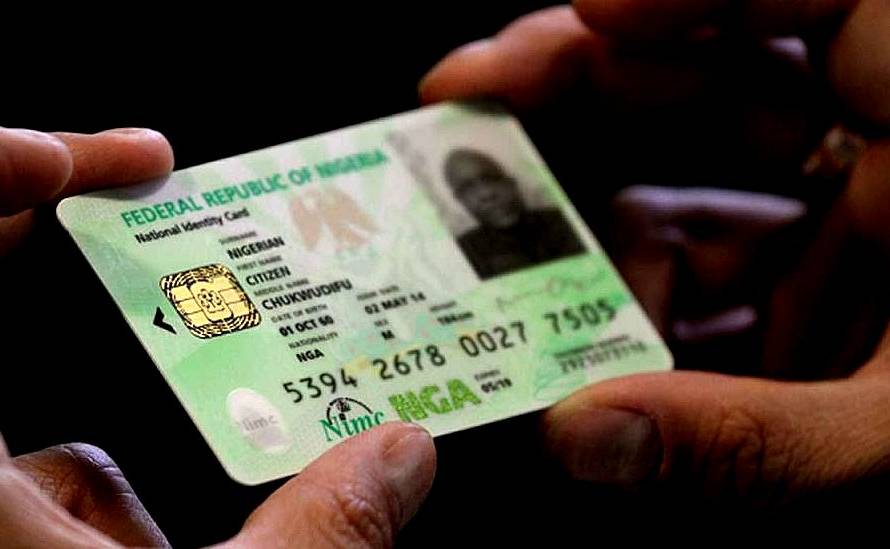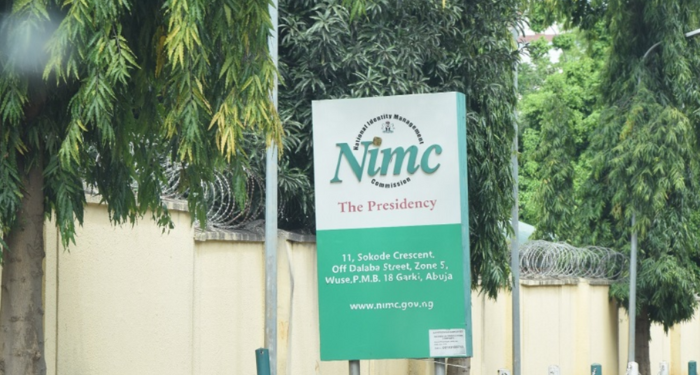

Digital Public Infrastructure
Digital Public Infrastructure (DPI) refers to the foundational digital systems and services that underpin a country’s digital transformation. It is about harnessing the power of digital technologies to improve service delivery and ultimately, the quality of life. DPI facilitates the delivery of government services, economic growth and social inclusion. Examples of DPI include digital ID systems, payment platforms, digital posts and data exchanges.
DPI requires the development of interoperable, flexible and reusable digital foundations that advance effective delivery of crucial services by both state and non-state actors. The foundations of DPI are expected to be robust and trustworthy, user-friendly, accessible and beneficial to all.
DPI Journalism Fellowship
The Digital Public Infrastructure (DPI) Journalism Fellowship is a project of the Media Foundation for West Africa (MFWA), with funding support from and in partnership with Co-Develop. The project seeks to empower media professionals with the knowledge and skills necessary to contribute effectively to the evolving digital landscape, ensuring that the benefits of Digital Public Infrastructure (DPI) are widely understood and leveraged across West Africa. Specifically, the project trains journalists competitively selected across the West Africa region on the concept of DPI a Fellowship. The Fellowship prepares the beneficiaries to better understand and produce stories that elevate public awareness, stimulate debates, foster inclusivity, demand accountability and encourage participation and uptake of DPI across West Africa.





